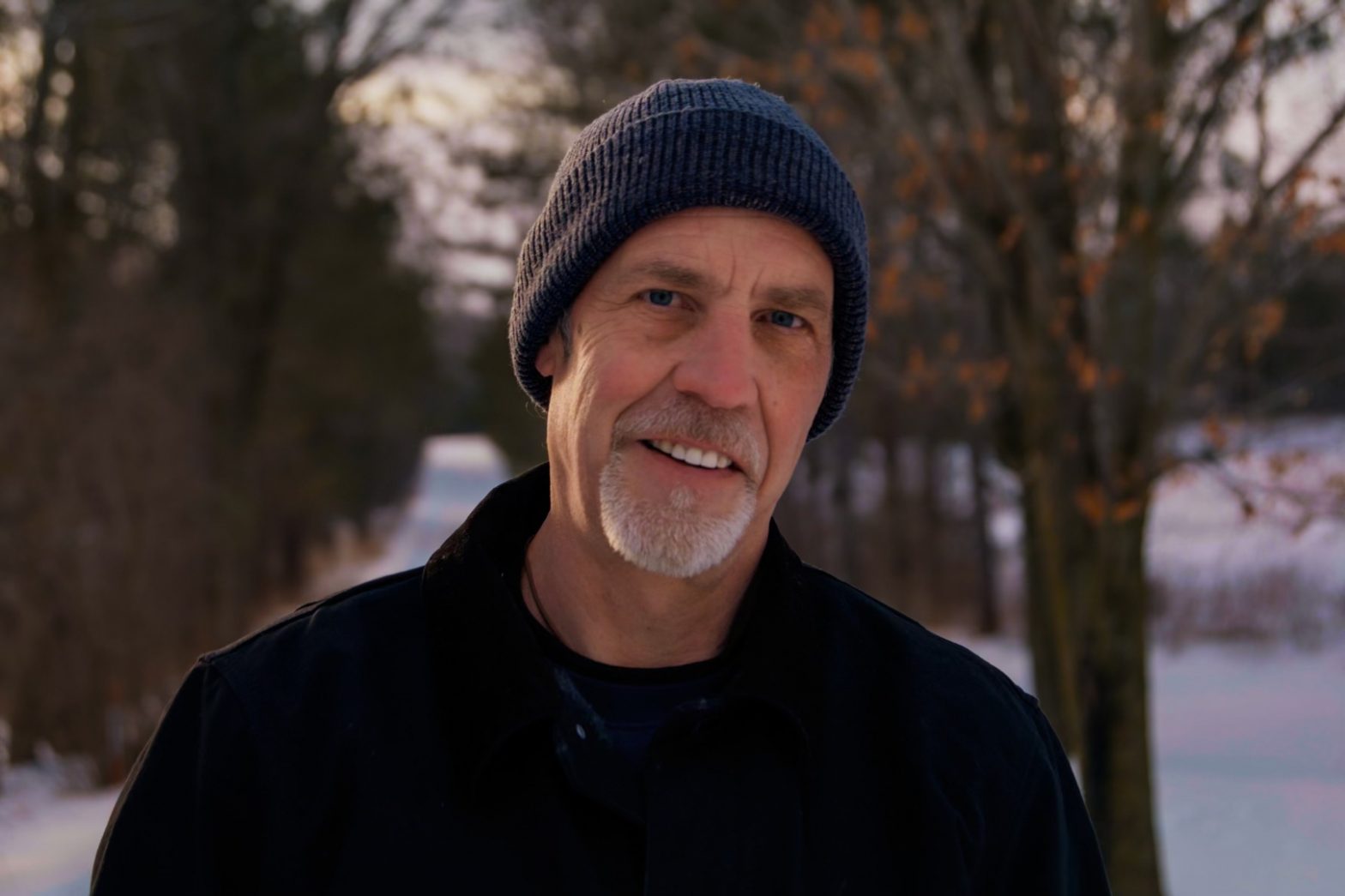The story of Michael
Rare disease day is February 28, 2022. Who Knew?
There is more than 300 million people worldwide living with a rare disease. This day is all about raising awareness and generating change for them, along with their families and their caregivers.
I’ve shared a lot about my journey living with an incurable cancer. I’ve never really spoken though about the hardships of actually getting a diagnosis and then deciding on treatment options after diagnosis.
Shortly after a 2006 diagnosis at age 46, I was fortunate to arrange to be seen by the #1 doctor in the world at the time from
Dana-Farber Cancer Institute, a Harvard medical school, He only became the world leader because one day he was asked to fill in on a presentation for a colleague and discuss Waldenstrom’s Macroglobulinemia (WM) . He quickly learned that little information was known. Now 15 years later, with help from millions of dollars of research funded by personal donations and government research grants, WM is quite well understood.
Dr. Treon’s and his teams’ success was not only medical breakthroughs to understand the disease, but also in the creation of a global team of WM oncologists and hematologists who collectively learned and brought expertise to the table. During an early worldwide meeting, they were able to establish standard diagnostic criteria, treatment protocols and much more. Over the years, they’ve been involved in the development of new drug treatments that are now first and second line today. Incredible.
The thing about rare diseases is that it’s almost impossible to get good information unless there is a group or a community, or an association that helps to share information about the disease and provide support to patients and their caregivers. As you might expect, a lot of doctors have trouble diagnosing rare diseases.
Once diagnosed, deciding on treatment is hard because there are few case studies like yours. For example, as someone with WM and CNS disease, I am one of less than 50 documented cases worldwide. So when it comes to treatment, it’s not really based on what has worked for other people. It’s more often what other treatments are in use for a similar disease.
In my case, IWMF and Waldenstrom’s Macroglobulinemia Foundation of Canada Group have built a strong global foundation that provides fantastic support to patients, doctors, and caregivers. I’ve even personally tapped into their global network of physicians with their help while I was living in Paris, France.
Our rare disease doctors and nurses have to fight hard to get research grants and funding. Funding matters because we want to keep our best doctors and nurses in our Country and not have them leave to pursue their career elsewhere.
If you wonder how you can help? Maybe you know someone who has cancer, or even a rare cancer? Ask them how they’re doing? Having a listening ear to hear them out. Just know that answers are so hard to find on the medical front before and after diagnosis. If you’re in a position to do so, then maybe make a small donation to a rare disease association or a charity you learn about.
It sucks to have cancer. We are definitely stronger together than we are alone.
